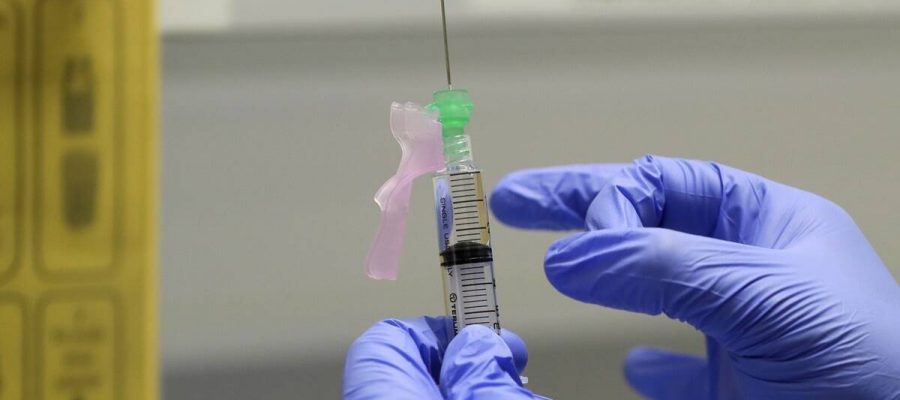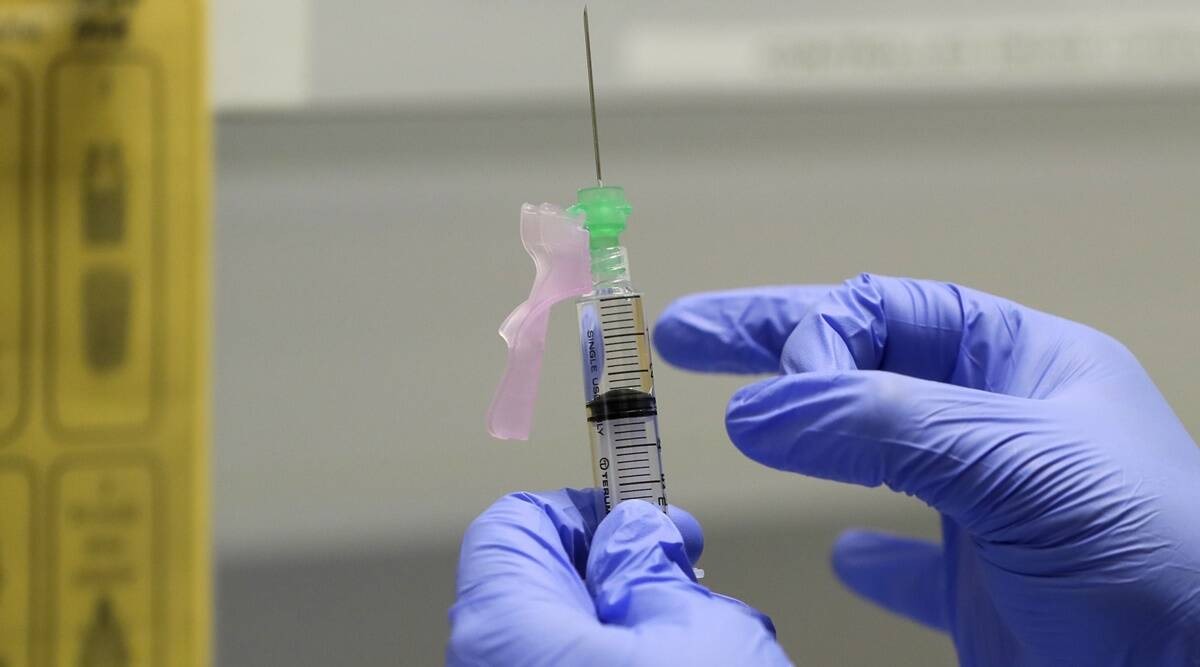The way Indian scientists have responded to COVID-19 and delivered a vaccine, provisions in NEP 2020, are vibrant examples of our scientific spirit
Science is the foremost tool to understand reality and find out possible explanations for phenomena around us. From classical mechanics to quantum physics, we have come a long way, accepting new hypotheses and discarding established theories. Science helps us in better understanding various causes.
Since ancient times, India has been at the forefront of science and technology. Charak and Susrutha in medical sciences, Aryabhata and Bhaskaracharya in mathematical sciences, Nagarjuna and Kanad in chemical sciences, to name a few, have done seminal work. The Indian Knowledge System (IKS) is full of such illustrious luminaries. The six schools of Indian philosophy, namely — Samkhya, Vaisheshika, Nyay, Yoga, Purva-Mimamsa, and Vedanta — have deep insights on logic, atomic theory, health, perception, inference, postulation, comparison, and deductions These dimensions are also the core components of modern science.
Science, aided by technology and innovation, has made our lives comfortable. As India celebrates National Science Day to recognise the importance of the discovery of Raman’s effect by Nobel laureate C V Raman, I would like to pay homage and respect to him and all the scientists across the country for giving us paradigms for a happy life. Scientists like Raman are pioneers and inspire generations. Drawing inspiration from his work, Indian scientists have made remarkable contributions in the different fields of natural and applied sciences in modern times. From exploring life on Mangal (Mars) to finding mangal (prosperity) in the lives of ordinary citizens, Indian scientific endeavours always keep the spirit of “Vasudhaiva Kutumbakam” at the centre. The way Indian scientists responded to the COVID-19 pandemic to deliver a vaccine is a vibrant example of our spirit of practising science for society.
This spirit is also reflected in the National Education Policy 2020. The policy places adequate emphasis on science, technology and innovation. Most of the time, complicated research problems are too challenging to be solved by one particular discipline. This necessitates the collaboration of diverse expertise across a range of disciplines to achieve the research goal. To develop a healthy future in research, it is necessary to renovate the undergraduate educational curriculum by incorporating mathematics, physics, chemistry, computer science, and engineering and pharmaceutical sciences and focus on multidisciplinary research. To enable better learning of science, high-quality bilingual teaching material will be prepared at the school level so that the students will be able to think and speak about science in their mother tongue. The NEP also envisages the establishment of science and mathematics clubs at higher education institutions. The policy underlines the importance of frontier technologies like AI/ML, blockchain and data science in the 21st century and recommends effective assimilation of these ideas right from school education.
The Ministry of Education and its various institutions are at the forefront of taking science and innovation to society. Our institutes have done phenomenal research during testing times of the COVID-19 pandemic and have come up with testing kits, textiles, contact-tracing solutions and ventilator solutions. This shows that we respond well to challenges. The challenge posed every year to our young and dynamic students in the form of the Smart India Hackathon conducted by the Ministry of Education has seen massive participation of around a million students in the last four years who are committed to solving the pressing problems of the world around us.
Our Prime Minister has underlined, on multiple occasions, the importance of Science, Technology and Innovation in the 21st century. He has said India has 4Ds — Data, Demography, Demand and Democracy — to achieve world-class scientific solutions. To enable the demography to meet the demand this year, the Union budget has allocated a sum of Rs 50,000 crore to the National Research Foundation (NRF) proposed in NEP 2020. Also, the budget of the Ministry of Science and Technology has increased by 20 per cent compared to the current fiscal.
The recently launched draft Science, Technology, and Innovation Policy (STIP) echoes the PM’s words. The policy takes a holistic and pragmatic approach to science, technology and, most importantly, innovation. It aims to reorient science, technology and innovation in terms of priorities, sectoral focus and strategies. The policy envisages building a robust science, technology, and innovation ecosystem for the country and accentuating translational research. This approach of science for society is the right attitude for an Atmanirbhar Bharat.
The writer is Union Minister of Education, Government of India
Source: Read Full Article


